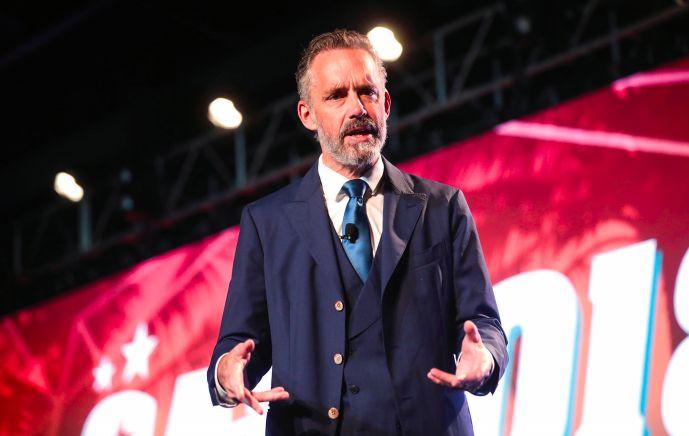Professor of psychology and public speaker Jordan Peterson has announced the formation of an international consortium that would serve as a kind of populist alternative to the elitist World Economic Forum (WEF) and provide a countervailing force against globalist aims and narratives.
Peterson laid out his plan in an appearance on Joe Rogan’s podcast, telling him that an inaugural event of the group is being planned for the cusp of October/November 2023 in London.





